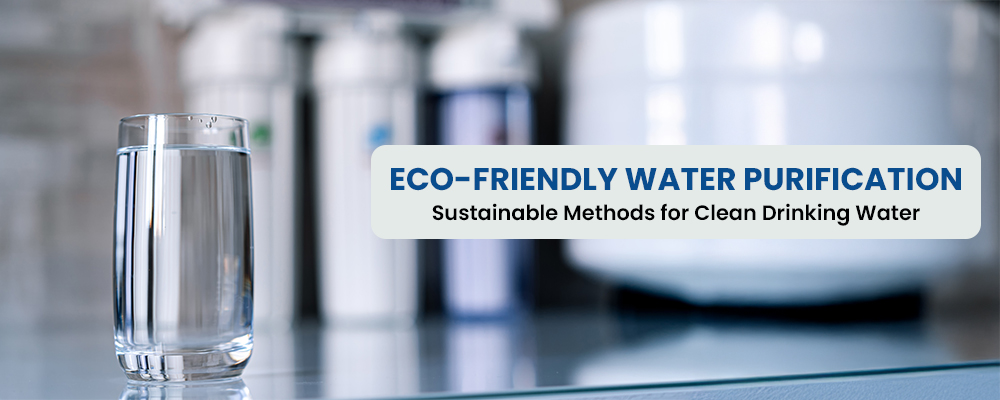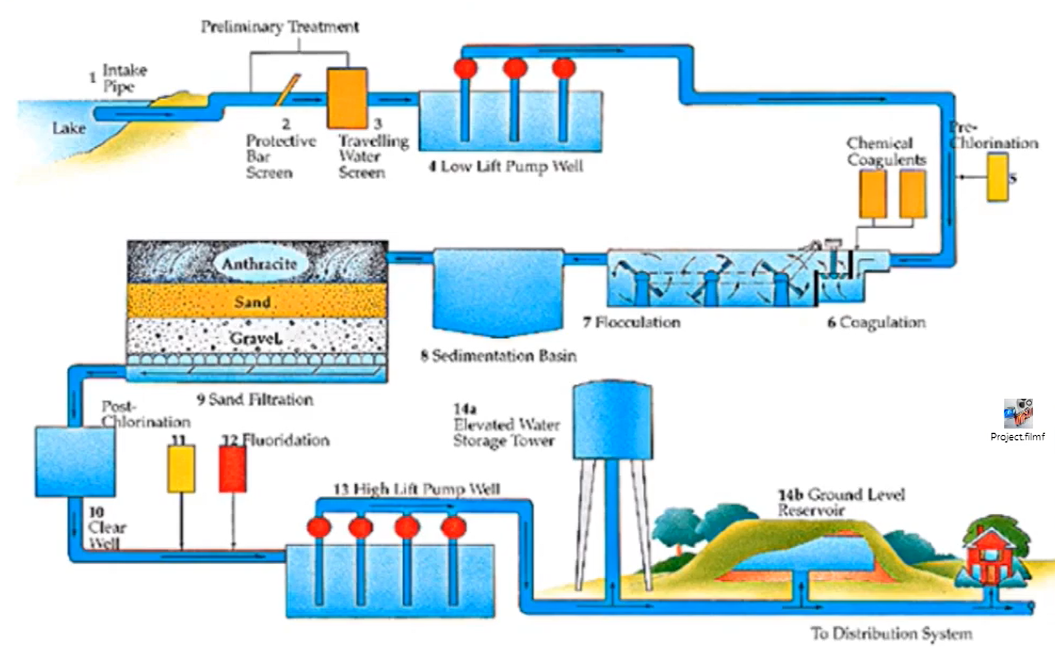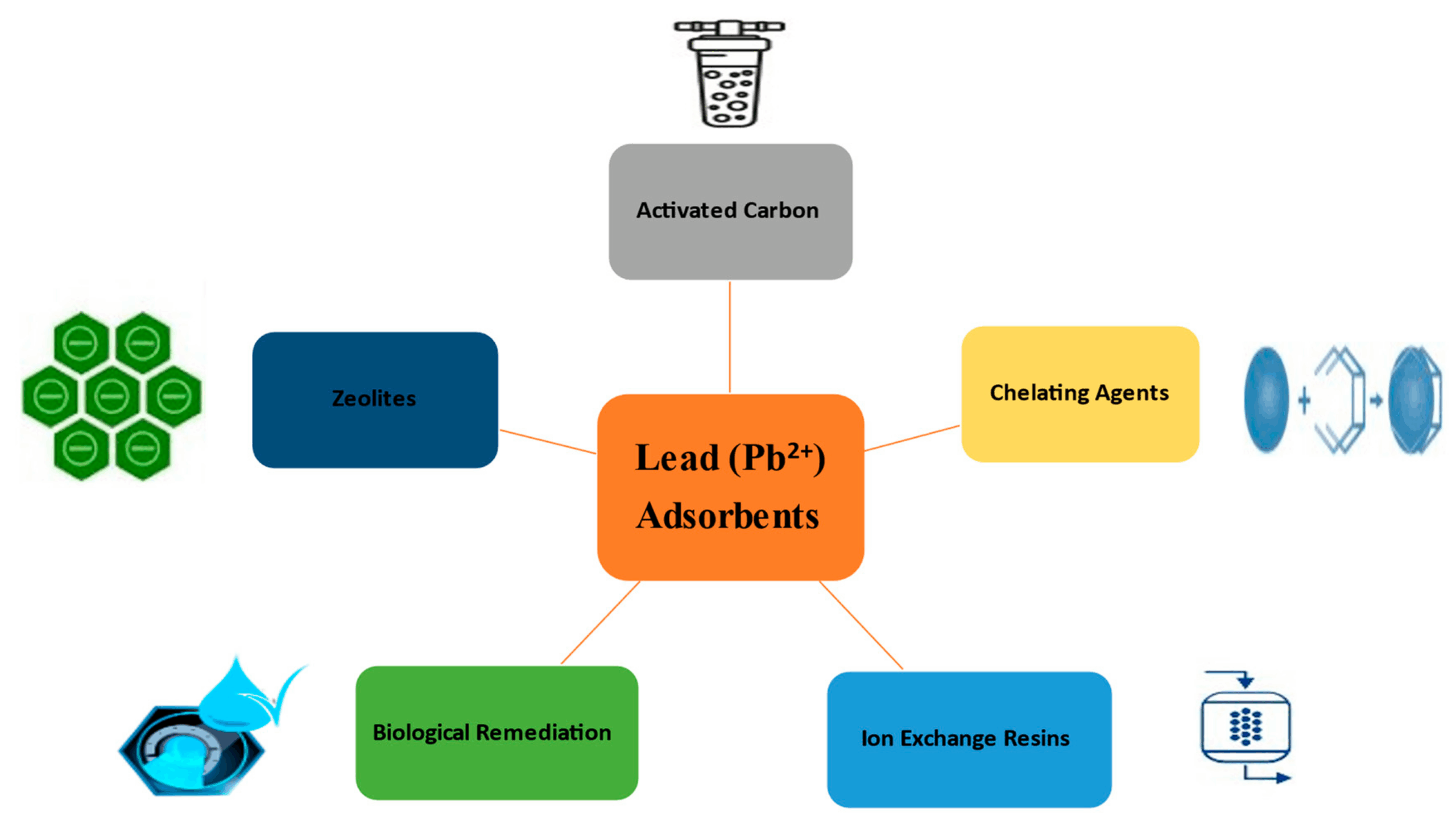Eco-Friendly Water Filter Options to Consider

Water filtration is essential for ensuring safe and clean drinking water. However, choosing an eco-friendly water filter not only benefits your health but also helps protect the environment. This article explores various sustainable water filter options, their benefits, and considerations to help you make an informed decision.
Why Choose Eco-Friendly Water Filters?

Eco-friendly water filters reduce plastic waste, conserve energy, and often use sustainable materials. They minimize environmental impact compared to conventional filters that rely heavily on disposable plastic cartridges and non-recyclable components.
Types of Eco-Friendly Water Filters
| Filter Type | Description | Environmental Benefits | Maintenance Tips |
|---|---|---|---|
| Ceramic Filters | Made from natural clay and other minerals, these filters remove bacteria and sediments effectively. | Long-lasting and reusable; minimal waste generated. | Clean regularly to prevent clogging. |
| Activated Carbon | Uses charcoal to absorb impurities and improve taste and odor. | Often made from renewable resources like coconut shells. | Replace carbon cartridges as recommended. |
| Gravity Filters | Use gravity to pass water through filter media without electricity. | Energy-efficient; no power consumption. | Clean filter components periodically. |
| UV Filters | Use ultraviolet light to kill bacteria and viruses. | Low energy use; no chemicals added. | Replace UV bulbs annually. |
Additional Eco-Friendly Considerations
- Reusable Filter Cartridges: Opt for filters with cartridges that can be cleaned and reused.
- Biodegradable Materials: Choose filters made from biodegradable or recyclable materials.
- Energy Efficiency: Consider filters that operate without electricity or with minimal power consumption.
How to Maintain Your Eco-Friendly Water Filter
Proper maintenance extends the life of your filter and ensures optimal performance:
- Follow manufacturer cleaning instructions.
- Replace filter elements only when necessary.
- Avoid using harsh chemicals for cleaning.
- Store filters in a dry, clean place when not in use.
Frequently Asked Questions (FAQ)
Q1: Are eco-friendly water filters more expensive?
A1: While some eco-friendly filters may have a higher upfront cost, they often save money over time due to reusable parts and lower energy consumption.
Q2: Can eco-friendly filters remove all contaminants?
A2: Different filters target different contaminants. Combining filtration methods or choosing a filter certified for specific contaminants is recommended.
Q3: How often should I replace the filter?
A3: Replacement frequency varies by filter type and usage; always follow the manufacturer’s guidelines.
Q4: Are ceramic filters safe for drinking water?
A4: Yes, ceramic filters are effective at removing bacteria and sediments, making water safe to drink.
Conclusion
Choosing an eco-friendly water filter is a smart step towards healthier living and environmental responsibility. By understanding the types available and their benefits, you can select a filter that meets your needs while minimizing ecological impact.
This article aims to guide consumers in making sustainable choices for water filtration, combining health benefits with environmental consciousness.
